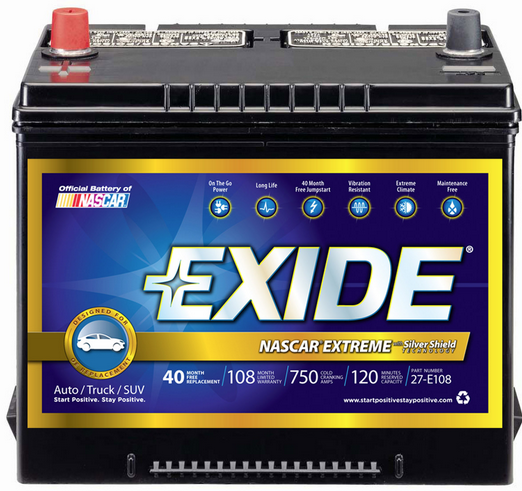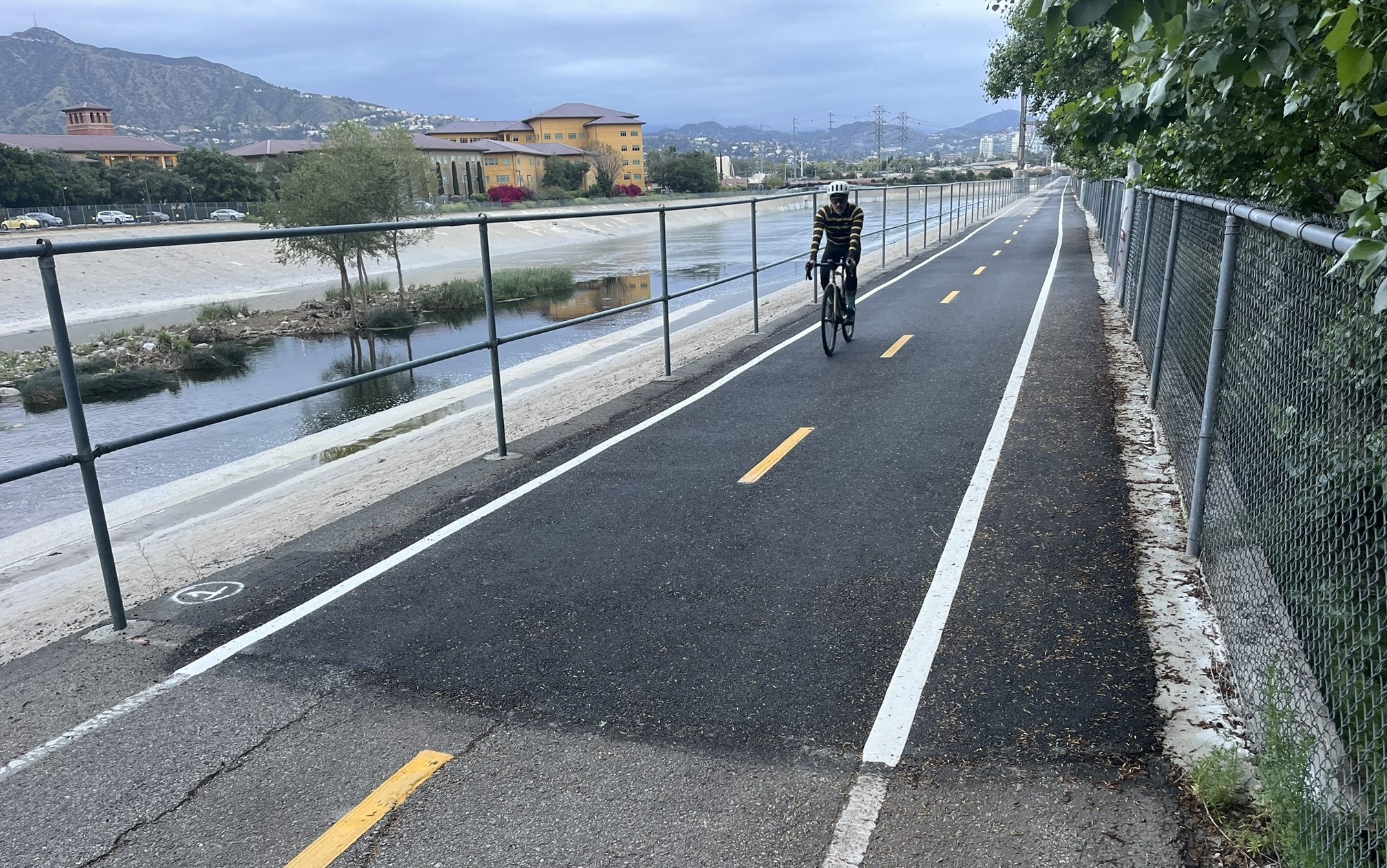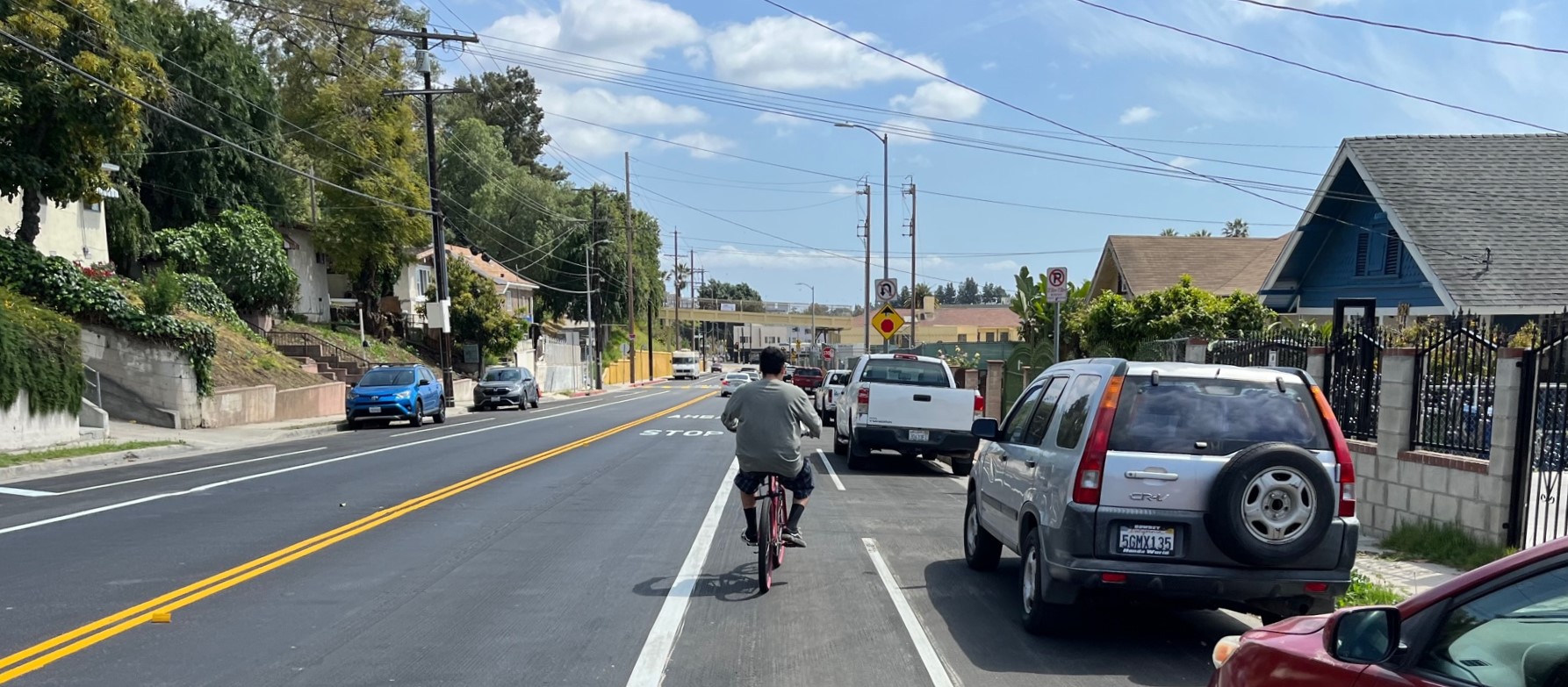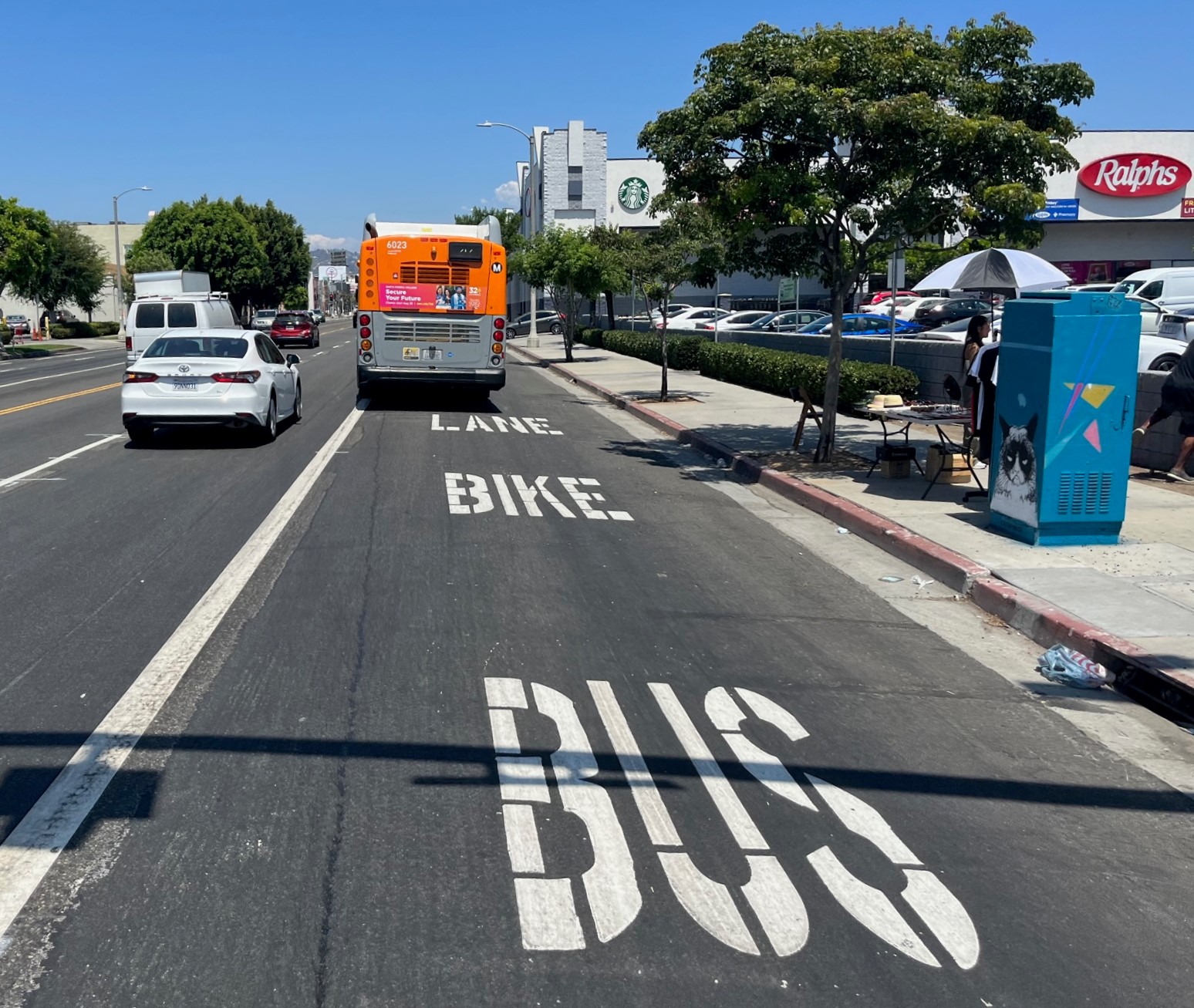Slow to Clean Up its Own Mess, Exide Demands Boyle Heights Residents Hurry Up and Submit Personal Injury Claims by Oct. 31st
2:53 PM PDT on October 17, 2013
In June of this year, Exide Technologies -- owner of the embattled lead-acid battery recycling facility in Vernon -- filed for Chapter 11 protection. This was the second such filing in 11 years.
In mid-September, they won court approval to pay out $16 million in bonuses to ensure that they would be able to carry out their restructuring plan. The settlement agreement with the Environmental Protection Agency also required that they continue to comply with any cleanup work consent decrees, cleanup work orders, and contamination discovery and cleanup during their restructuring process.
That appears to have been easier said than done.
That very same week, the Vernon plant was not only ordered to cut production because of excessive lead emissions within a 30-day period, but also found to have exceeded airborne lead emissions yet again, even after production had been cut.
Exide was already under close scrutiny after having been forced to temporarily suspend operations earlier this year, when the South Coast Air Quality Management District (SCAQMD) submitted evidence from the Department of Toxic Substances Control (DTSC) showing that, beyond exceeding levels of hazardous emissions (including arsenic), their underground pipelines -- which carry up to 310,000 gallons of contaminant-laden wastewater a day -- were degraded and in violation of California standards. (see those docs here)
While L.A. County Superior Court Judge Luis Lavin had sided with Exide's claim that the plant did not pose “an imminent and substantial” threat to the community and allowed them to resume operations in July, health authorities were not so easily reassured. In response, the Department of Health took the unprecedented step of offering as many as a quarter of a million people the opportunity to have their blood tested for lead exposure.
The notion that it might be necessary to test such a vast population was incredibly unnerving to the community and served to underscore the seriousness of threats that Exide's emissions could pose, especially to children.
To add to the confusion, last week, people began receiving dense and inscrutable legal notices from Exide in their mailboxes.
The letters demanded that residents claiming personal injuries incurred prior to Exide's shutdown in June submit proof of their damages by October 31st of this year.
The rush to get claims in, it appears, is linked to the effort to determine the extent to which there has been harm to the community so that the calculations can be included in the next phase of bankruptcy proceedings the plant's parent company is undergoing in Delaware. And also, it seems, to ensure that any claimants unable to file petitions now would be exempted from being able to pursue claims against Exide in the future.
But how exactly does one offer proof of personal injury?
The ability of the blood tests to show anything more than recent and/or acute exposure or to trace any lead back to Exide appears debatable. Moreover, the testing of blood for lead exposure has not yet begun in earnest and testing for arsenic -- one of the emissions for which Exide has been cited and a known carcinogen -- is not being offered because it usually requires tests of urine, hair, and/or fingernails in addition to blood in order to be conclusive. Moreover, dust and soil sampling in the area is still underway, meaning even Exide itself has not yet determined exactly what kinds or quantities of hazardous chemicals have settled in the affected communities.
Worse still, Exide's sincerity in addressing community concerns in the long term is in doubt. Although they have currently agreed to set aside $7.7 million to pay for the new storm-water system, other improvements, blood tests, and soil testing, they are doing so in return for getting the DTSC to drop its effort to see the plant closed. They recognize they have economic leverage as a direct provider of at least 130 jobs and one of only two battery recyclers on the entire west coast. They made that clear as recently as 2010, when they told SCQAMD officials that using new technology to monitor their emissions would "threaten the economic viability of the Exide Vernon, CA. recycling facility and Exide would have to consider the alternative of expanding operations at its other recycling facilities outside of California."
The alarm the letters have raised among residents spurred State Senators Kevin de Leon and Ricardo Lara to launch a protest with Judge Kevin Carey, who is overseeing the parent corporation's bankruptcy proceedings. Citing the brief window of time, the lack of access to legal assistance of their constituents, and the fact that many in the community are only now beginning to grasp the extent to which toxic emissions may be affecting them, the senators have asked for the personal injury claims to be exempted from the proceedings altogether or, at the very least, given a six-month extension.
"The bankruptcy process is designed to give debtors a second chance," write De Leon and Lara, not a pass for poisoning communities."
If you would like help with understanding or filing a claim, be sure to attend the meeting next Monday, October 21st, at 6 pm at Resurrection Church, located at 3324 Opal St., Los Angeles, CA 90023.
Sahra is Communities Editor for Streetsblog L.A., covering the intersection of mobility with race, class, history, representation, policing, housing, health, culture, community, and access to the public space in Boyle Heights and South Central Los Angeles.
Stay in touch
Sign up for our free newsletter
More from Streetsblog Los Angeles
Metro Board Funds Free Student Transit Pass Program through July 2025
Metro student free passes funded another year - plus other updates from today's Metro board meeting
Eyes on the Street: New Lincoln Park Avenue Bike Lanes
The recently installed 1.25-mile long bikeway spans Lincoln Park Avenue, Flora Avenue, and Sierra Street - it's arguably the first new bike facility of the Measure HLA era





